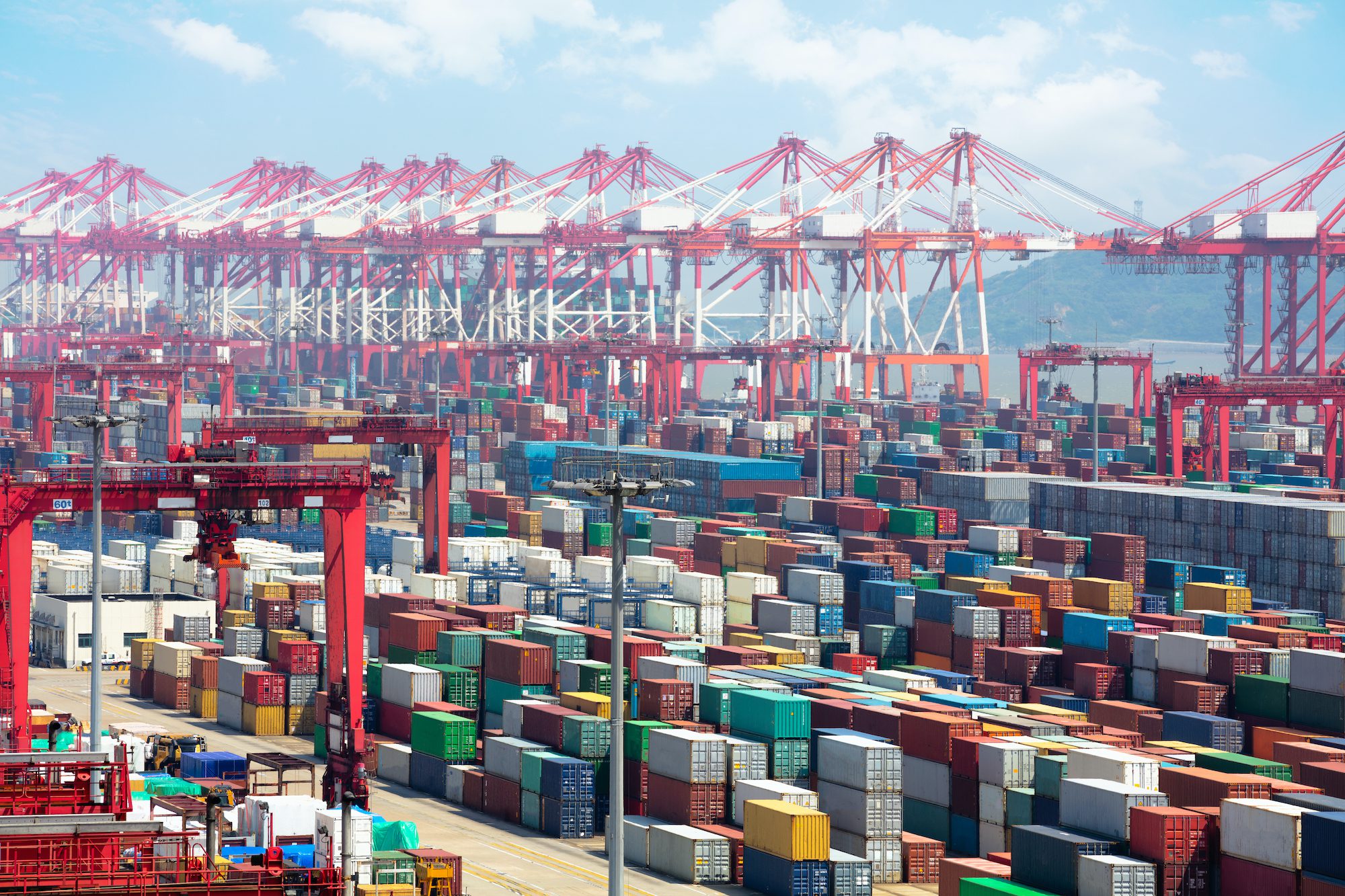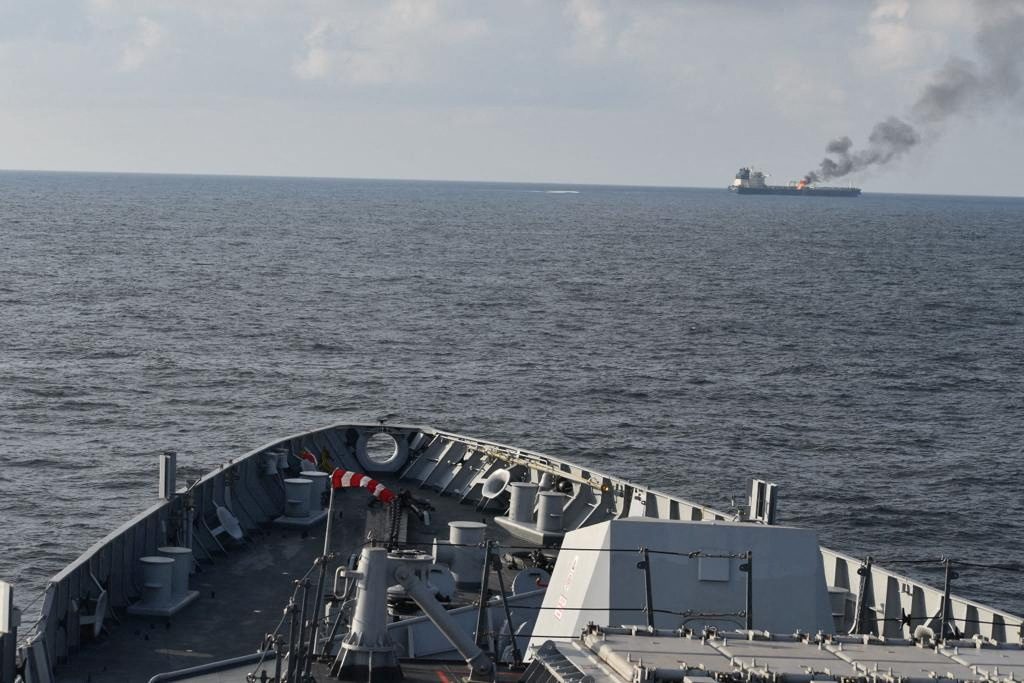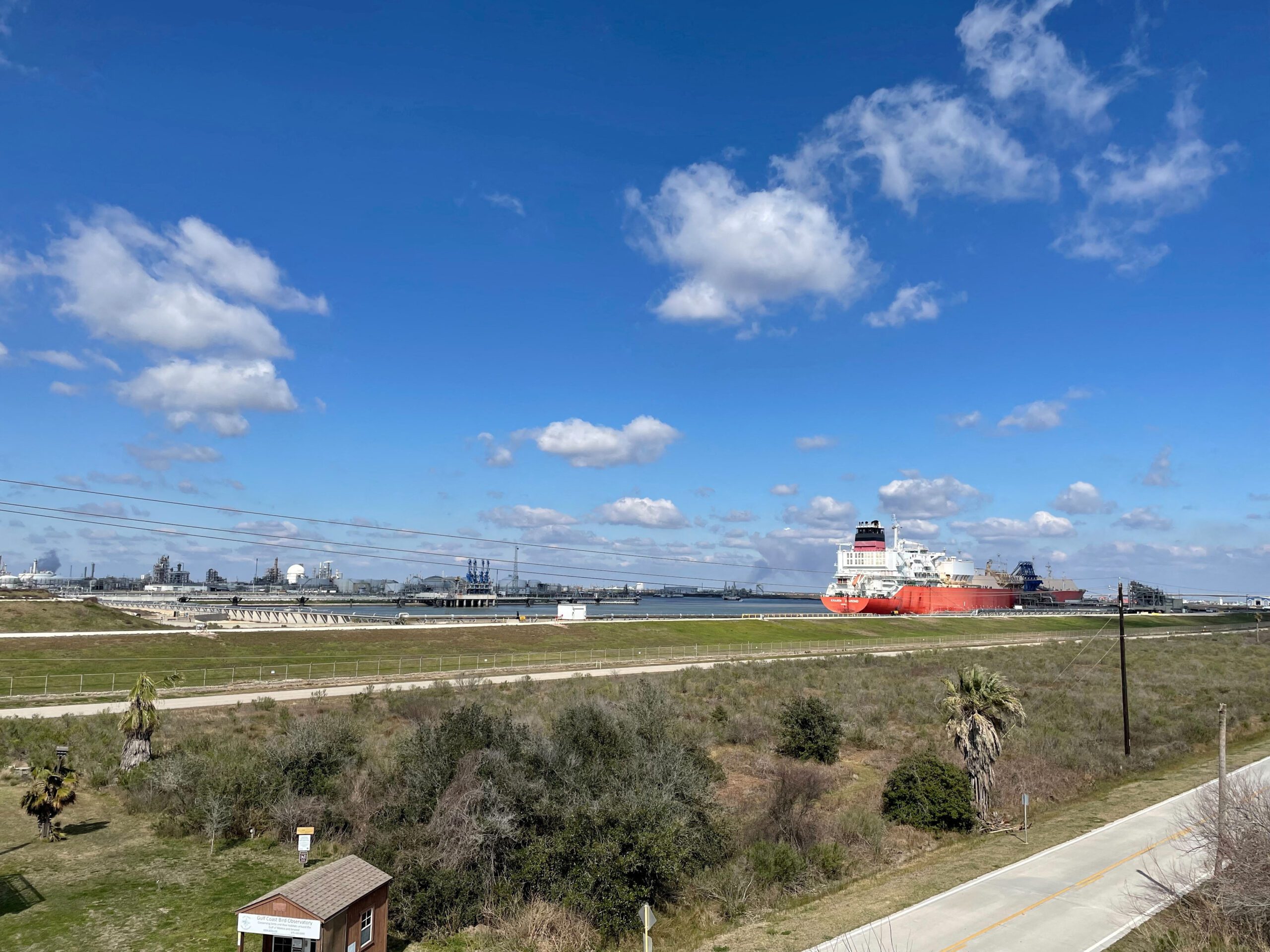By Lisa Baertlein
Feb 22 (Reuters) – Attacks on merchant vessels in the Red Sea have delayed cargo and sent shipping costs higher, but soft demand and ample ship availability are muting the impact on inflation, analysts from Moody’s Investor Service said on Thursday.
Ships carrying everything from furniture and apparel to food and fuel are being diverted away from the nearby Suez Canal trade shortcut to the longer and more expensive route around Africa. Rerouting takes vessels and crew out of danger from drone and missile strikes by Iran-aligned Houthis supporting Palestinians as the Israel-Hamas war rages.
Container ships are the No. 1 user of the Europe-Asia Suez Canal route. Most are avoiding the Red Sea in what has become the biggest disruption to global trade since the early days of the COVID-19 pandemic.
Nevertheless, the diversions are not expected to have a huge effect on inflation because they are not driven by demand, said Daniel Harlid, a transport sector analyst at the credit rating and risk analysis firm.
Rerouting ships around Africa requires anywhere from 6% to 10% more vessels, due to longer sail times slowing the return of ships to their origination points, sending on-demand spot rates on some routes up more than 100%.
Those increases came off rock-bottom levels and shipping experts expect them to normalize. That’s because owners, who have new ships arriving, were struggling to fill existing vessels with cargo before the Houthi attacks began in November.
According to maritime data firm Clarksons Research, the container shipping industry’s total capacity will increase by 7% to 8% in 2023 and 2024.
The automotive sector appears to be bearing the brunt of the upheaval. Tesla and other manufacturers have temporarily paused European production due to shortages of components. On Thursday, auto parts distributor LKQ Corp said it was placing additional orders to shield its European operations from disruptions.
While grocers in the UK have fretted about a potential tea shortage and some fashion retailers have warned of delayed spring merchandise, they have not experienced a repeat of the pandemic shortages that resulted in empty store shelves.
(Reporting by Lisa Baertlein in Los Angeles; Editing by Sonali Paul)
(c) Copyright Thomson Reuters 2024.
Unlock Exclusive Insights Today!
Join the gCaptain Club for curated content, insider opinions, and vibrant community discussions.

 Join The Club
Join The Club














